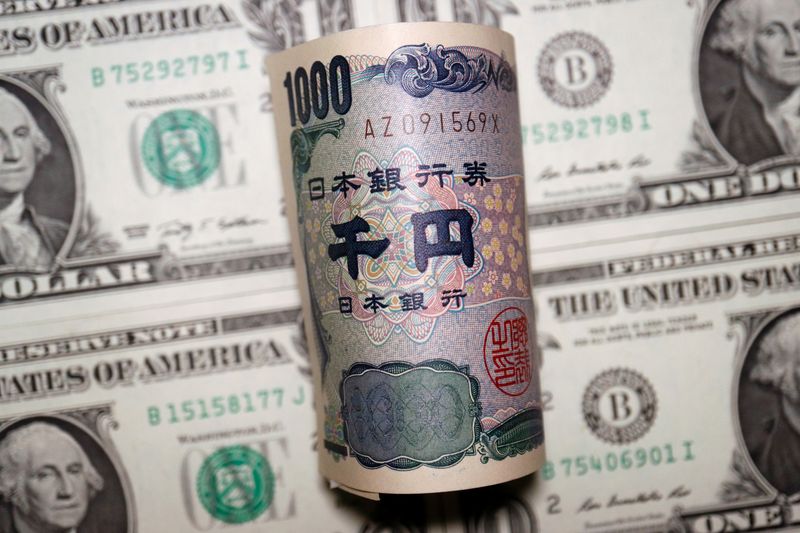
© Reuters Yen hits its lowest in a month on reports about new BoJ governor
Tokyo, Feb 6 (.).- The depreciated today to its lowest level in a month after reports that the Japanese government is contemplating nominating a deputy governor of the Bank of Japan (BoJ) as its new governor, seen as a prediction of continuity.
The Japanese currency touched the average range of 132 units against the dollar at the opening of the Tokyo Stock Exchange this Monday, after the Nikkei newspaper reported overnight that the Executive would have approached Masayoshi Amamiya as a possible successor. of Haruhiko Kuroda, whose term ends on April 8.
The yen, which already fell over the weekend due to the latest US employment data, lost more ground on the interpretation that Amamiya, 67, will cling to the monetary easing policy championed by Kuroda (78) during the last decade and of which Amamiya has been a key architect.
The BoJ is under pressure due to its monetary policy, with negative reference rates, which contrasts with the rate hikes being undertaken by its more internationally influential counterparts, such as the US Federal Reserve (Fed) or the Central Bank European Union (ECB), and which has caused a sharp fall in the yen.
The Japanese government, which has remained silent on the central bank succession, plans to present its candidates for governor and the bank’s two deputy governor posts this month, when talks on the matter are finalized in the ruling coalition, as indicated.
The BoJ has carried out unprecedented monetary easing in the last decade under the leadership of Kuroda, who took office as governor in 2013 with a commitment to bring inflation in Japan to around 2% on a stable basis.
Inflation in Japan stood in recent months at levels not seen for more than four decades, above 4%, after nine months above the BoJ’s target given the divergence of monetary policies, which the entity is reluctant to change considering that the factors of the rise are transitory and external.
Large-scale government bond purchases by the central bank have helped fight deflation, but have also undermined the country’s market and fiscal health, a situation that will require reversal of measures without impacting the economy or financial markets.
Amamiya has spent much of his career planning monetary policy. He has been involved in almost all of the BoJ’s key moves to combat deflation, from the 2001 quantitative easing to the current yield curve control.
The economist has been one of Kuroda’s great supporters since he took over the leadership of the BoJ, first as executive director and later as deputy governor.
The leaks about Amamiya negatively impacted the currency market, but the depreciation of the yen was welcomed this time by investors on the Tokyo Stock Exchange, which rose around 1% after the first two and a half hours of the session, due to the positive impact it has among exporters.





